When Your Body Tells You You’re Holding Too Much — But Your Mind Refuses to Hear It
Recently, I started noticing that I was hearing more and more from my mom's friends that they are dealing with some chronic health issue. Although they come from different situations, there is something that unites these stories: they are holding things in their families. They are organizing carpools, putting things on Google Calendar, checking homework, finding tutors, scheduling medical appointments, researching schools, doing never-ending to-do lists, checking in with their kids about how their day went, and comforting them when they’ve had a bad one. They are doing the work that, at first glance, seems like it’s not physical labor or something that can be easily multitasked during the day — and yet it holds the space for women’s souls and bodies.
As I started thinking more about it — how our body tells us when we are doing too much — it reminded me of my story about my physical pain.
I first experienced stress-related pain while working in a non-profit in my late 20s, and being a mom at the same time. I remember when I came to physical therapy, and she asked what kind of work I do. I said, “I work as a counselor in a substance abuse clinic with court-mandated clients.” The PT said to me with compassion, “Wow, that must be hard.” And of course, I responded back to her, “Not really.”
In this moment, I had no awareness that the load of my job, which was emotionally demanding, and being a mother at the same time, could create stress. Although I was not aware of the stress I was going through, my body had a different awareness. For several months, it was sending me nonstop messages as pain signals.
Gestalt therapy has a beautiful way of working with the body and helps us understand our body sensations. If I could have a time machine to go back to my late 20s, I would probably ask myself: If your pain had a voice, what would it say?
It would say — It hurts. I am doing too much. I am going through a lot. Slow down.
My recent experience dealing with TMJ pain also taught me to be appreciative of my pain. Yes, do not laugh. I am not trying to be “preachy.” But seriously speaking, if I did not feel that pain, I would continue to overwork myself and not take my health seriously. The pain forced me to slow down, and it also forced me to focus on myself and my health.
I started prioritizing movement.
I started running. I decreased my work hours.
I added more fun and creativity to my life.
The pain also taught me to be grateful when I wake up with no pain or when I can walk.
I learned not to take things — even daily things — for granted.
Why Women and Pain?
So the question is: why women and pain? The answer is pretty easy. From an early age, we have been taught to power through, to tolerate the pain, to be giving, caring, not selfish, to be kind, to be powerful, and strong. You see, the list kind of contradicts itself, but it fits really well in the society puzzle and in the family puzzle.
When we take care of too much of other people — prioritizing other needs, not ours, holding, orchestrating — we are doing this, as Gestalt therapy would say, in a habitual way, outside of awareness. Our body becomes a gatekeeper, signaling “enough is enough.”
Lots of my friends are trying so hard to heal their physical pain, which is another story, but the issue is broader than narrow — it is systemic. Women are reinforced and receive compliments for doing too much, not being selfish, and being productive. Society praises these women, which is positive reinforcement that increases the behavior, as there is a behavior and a reward.
The systemic issue is that women are praised and reinforced for giving rather than receiving.
So maybe we can try to be more attentive to our body — and tell our mom friends too — to notice the first signs of pain, not just as physical symptoms but as something systemic and important. We can give a voice to these first signs and slow ourselves down.
Maybe we can ask ourselves: What is this about? What am I doing too much of? What am I holding for other people? What am I not prioritizing for myself?
The pain is a way of messaging from our body to our mind. We can take a moment and listen — rather than power through. Because long before our mind admits the truth, our body already knows when the load has become too heavy.

